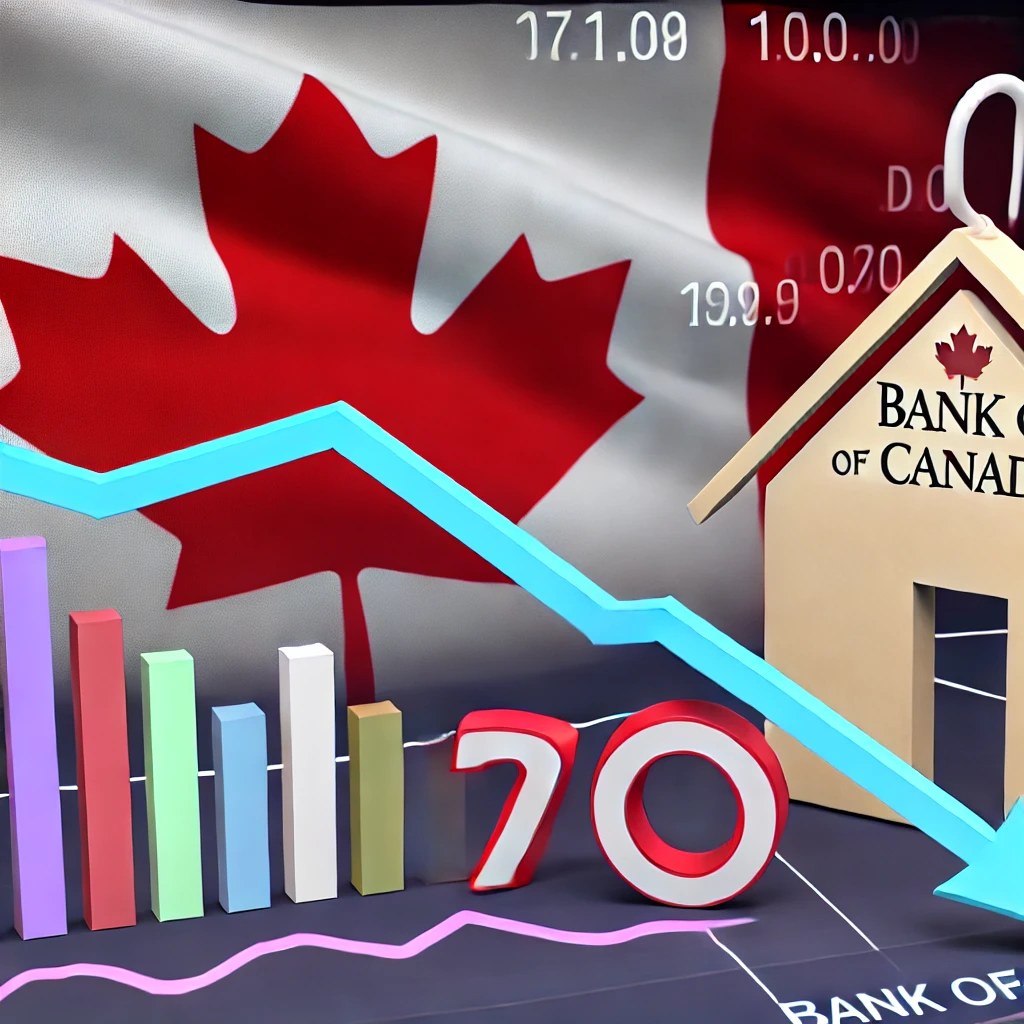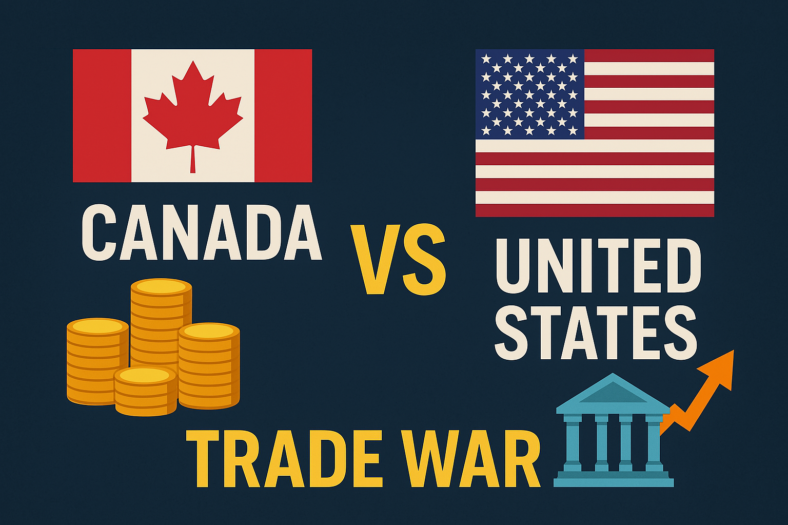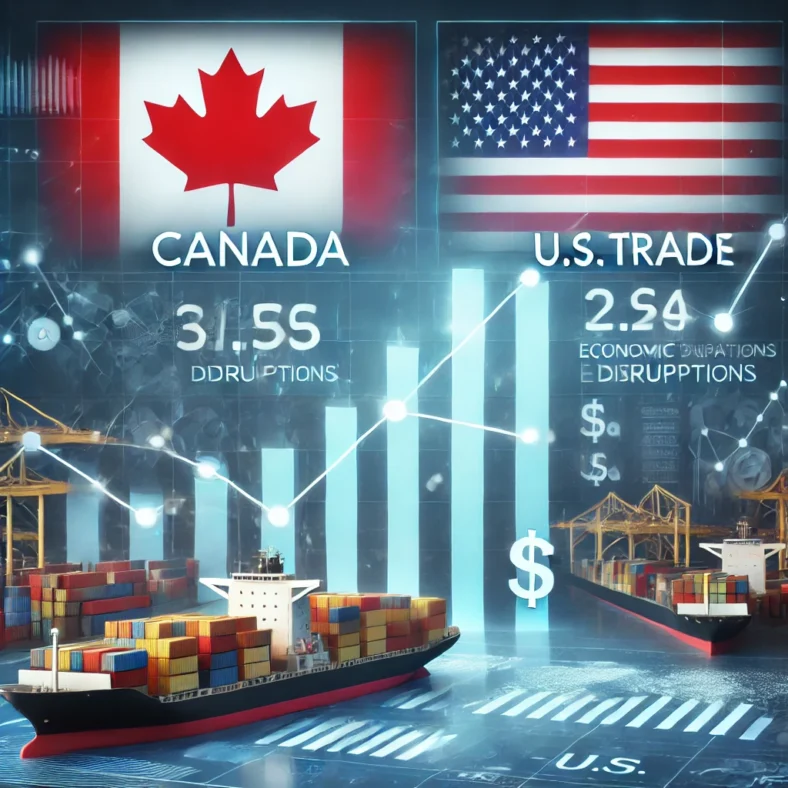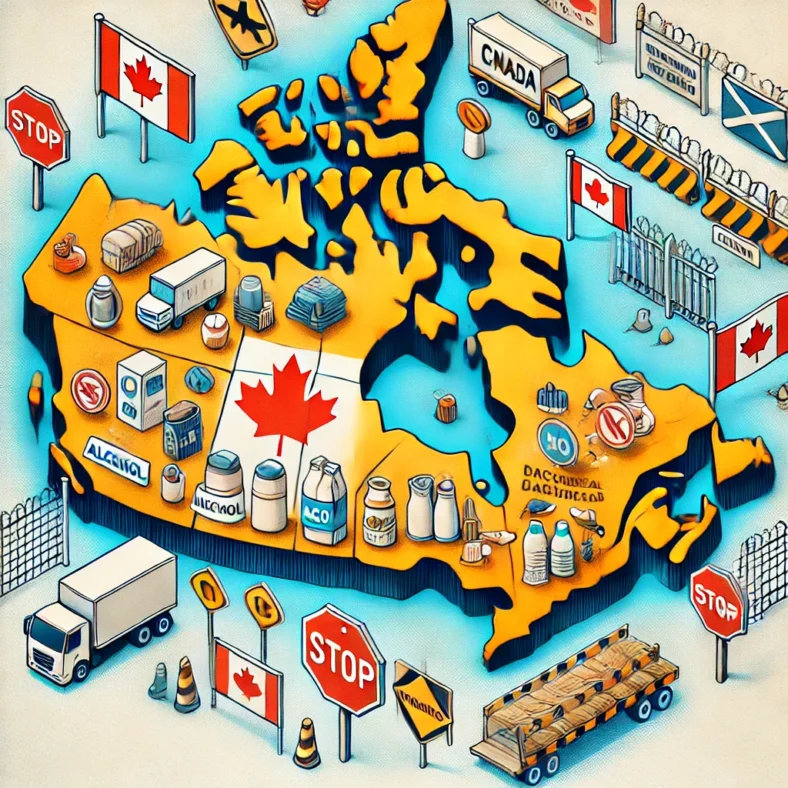Bank of Canada’s Rate Cuts and Their Impact
On July 24, the Bank of Canada (BoC) reduced its benchmark rate for the second time in two months. This reduction has led to a decrease in government bond yields, resulting in the lowest fixed and variable mortgage rates seen in the last 17 months.
Who Benefits from These Lower Rates?
Borrowers with insured mortgages, typically those with down payments under 20%, and those with uninsurable mortgages, such as homes valued over $1 million, can take advantage of these reduced rates. However, the real estate market’s reaction to these low rates remains complex.
Historical Context and Market Response
WOWA Leads’ historical analysis indicates that reductions in mortgage rates from their peaks do not always lead to a robust real estate market. Currently, the Toronto and Vancouver housing markets are stagnant, while cities like Montreal, Calgary, and Edmonton remain active. In Toronto, a sales-to-new-listing ratio of 35% indicates a buyer’s market, with inventory levels at their highest since 2010.
Historical Patterns of Rate Cuts and Market Performance
Historical data shows that during periods of high unaffordability, rate cuts did not necessarily boost the market. For example, from Q3 1981 to Q3 1983, despite the BoC rate dropping from 20.78% to 9.26%, the Canada home price index fell by 14%, while inflation increased by 17%. During this period, Vancouver’s home prices dropped nearly 40%.
Similarly, between Q2 1990 and Q1 1994, the BoC rate fell from 13.5% to 3.6%, yet home prices in Canada decreased by 8%, with inflation rising by 10%. The Greater Toronto Area experienced a 28% drop in home prices from April 1989 to August 1993.
From Q1 1995 to Q4 1996, despite a BoC rate cut from 8.2% to 3%, home prices declined by 4.5%, with inflation at 3%. Vancouver’s home prices fell by 17% from August 1994 to October 1998.
Global Financial Crisis and Its Aftermath
During the 2007-2008 Global Financial Crisis, home prices decreased by 9% between Q2 2008 and Q1 2009, even as the BoC rate fell from 4.25% to 0.25%. However, prices rebounded in 2009.
Understanding the Patterns
WOWA Leads attributes these trends to the lag effect of rate hikes and subsequent economic deterioration. Since most Canadian mortgages are fixed rates, the impact of rate hikes is felt primarily during renewals, pressuring some sellers to sell their properties. Additionally, BoC rate cuts usually indicate slowing economic conditions, higher unemployment rates, and lower self-employed earnings, all contributing to lower home prices.
Regional Variations in the Canadian Housing Market
The Canadian housing market’s performance varies across provinces. Ontario has seen recent price declines, while Quebec and Alberta continue to experience steady growth.
Future Market Trends
Based on historical trends, areas like Ontario, especially the Greater Toronto Area, may experience price moderation, while Alberta and Quebec remain stable. The full impact of the current high rates on the housing market has yet to unfold.




















